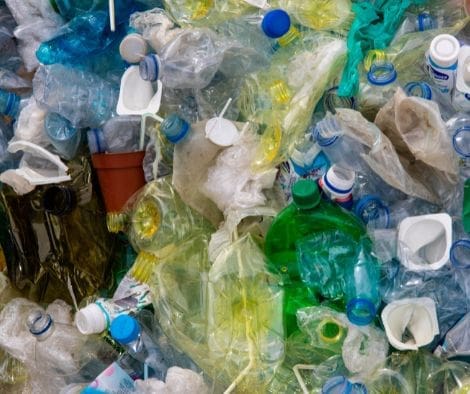Costa Rica’s bold initiative to ban single-use plastics by 2021 was hailed as a groundbreaking step towards environmental sustainability. This policy was part of a broader national strategy aimed at making Costa Rica one of the first nations to achieve a comprehensive reduction in plastic waste. However, the journey from policy announcement to actual implementation and its real-world impact has been fraught with both achievements and ongoing challenges.
The types of plastics targeted by this initiative primarily include items like plastic straws, cutlery, and various packaging materials, which are notorious for their short use phase and long-term environmental pollution. Instead of these, the country has seen an uptick in alternatives like biodegradable materials and multi-use innovations. Numerous local businesses have adopted practices that align with this directive, showcasing a community-driven push towards sustainability.
However, the effectiveness of this ban raises some controversies. Critics argue that while the initiative is well-intentioned, it might be more of a symbolic gesture rather than a solution that addresses the core issues of plastic pollution. They point out that the lack of stringent enforcement and the continued presence of non-biodegradable plastics in many sectors suggest that the problem is merely being nudged rather than tackled head-on. Additionally, the influx of tourists, a significant source of plastic waste, continues to challenge the efficacy of the ban.
There are also concerns regarding the alternatives being promoted. Biodegradable plastics, for instance, require specific conditions to degrade and may not be a feasible solution in all contexts. This leads to questions about whether the shift in materials is genuinely beneficial or if it merely substitutes one problem for another.
Achievements and Progress
Despite the challenges, there have been notable successes. Many municipalities in Costa Rica have taken the lead by implementing local bans on single-use plastics and promoting public awareness campaigns. Schools and community groups have been active in educating the public about the importance of reducing plastic waste, and numerous beach clean-up initiatives have been organized, involving both locals and tourists.
Additionally, some innovative companies have emerged, developing products from sustainable materials. For example, bamboo straws, reusable bags, and compostable packaging are becoming more common in shops and restaurants. This entrepreneurial spirit has contributed to a growing green economy, creating jobs and driving innovation in sustainable practices.
The Role of Government and Policy
The government has also been working to improve the infrastructure needed to support the plastic ban. Investments in recycling facilities and the promotion of circular economy principles are crucial steps towards reducing reliance on single-use plastics. By fostering partnerships with international organizations and other countries, Costa Rica aims to enhance its capacity for sustainable waste management.
Looking Forward: Next Steps
For Costa Rica’s plastic ban to achieve its full potential, several key areas need to be addressed. Stricter enforcement of the ban is essential to ensure compliance across all sectors. This includes not only monitoring and penalizing non-compliance but also providing incentives for businesses and individuals to adopt sustainable practices.
Furthermore, increasing investment in research and development of truly sustainable materials is critical. This involves not just replacing plastic with another disposable material but rethinking product design and consumption habits altogether. Education and continuous public engagement will play vital roles in shifting societal norms towards sustainability.
Costa Rica’s ambitious initiative to ban single-use plastics marks a significant step towards environmental stewardship. While challenges remain, the combination of governmental action, community involvement, and innovative solutions paves the way for meaningful progress. By continuing to address the complexities of plastic pollution and investing in sustainable alternatives, Costa Rica can serve as a model for other nations striving to achieve a balance between development and environmental preservation.







